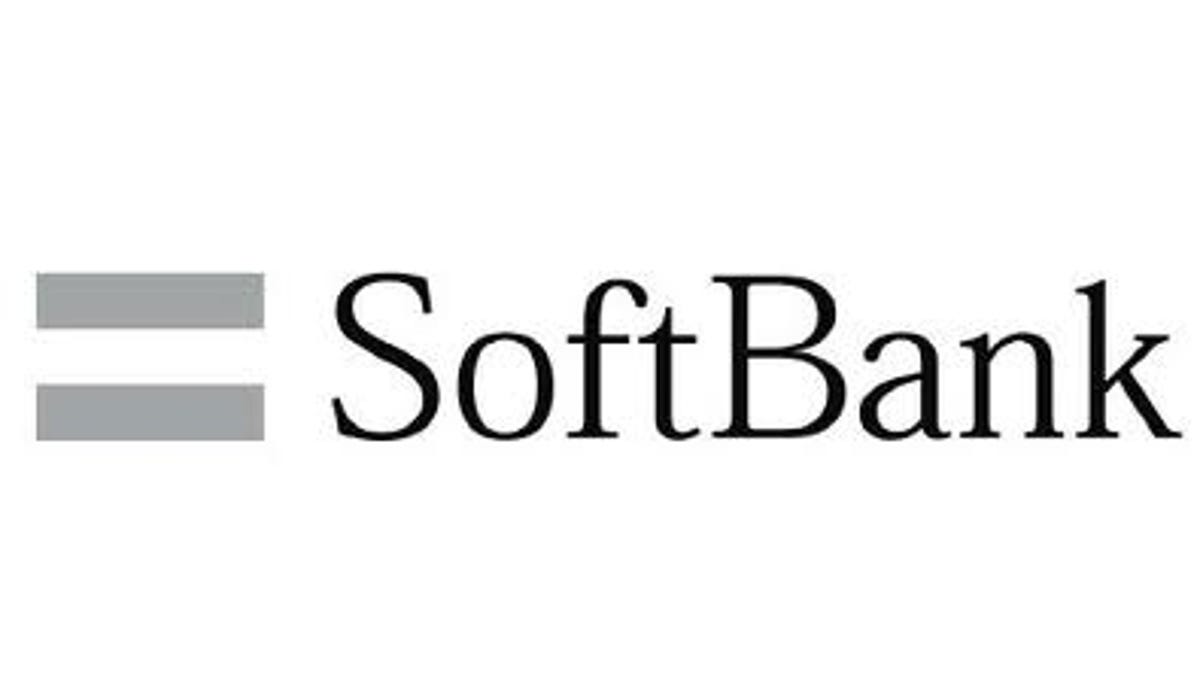SoftBank gives U.S. right to OK Sprint board member -- report
The Japan-based firm would allow the U.S. to approve a Sprint board member who would oversee compliance with national security rules.

In a further attempt to ease national security concerns over its proposed acquisition of Sprint, Japan-based SoftBank has agreed to give the U.S. government the right to approve one of the members SoftBank would appoint to Sprint's board of directors, according to a report.
The U.S.-approved board member would make sure a SoftBank-owned Sprint honored whatever security agreement is hammered out with U.S. regulators, The Wall Street Journal reported late Wednesday, citing unnamed sources.
Regulators are also seeking oversight of Sprint's network equipment purchases to prevent gear from Chinese suppliers Huawei Technologies and ZTE from becoming part of the U.S. infrastructure, the Journal reported earlier.
Huawei and ZTE have attracted the criticism of the U.S. House Intelligence Committee, which released a report last October accusing Chinese telecommunications gear makers of being threats to U.S. security and discouraging U.S. companies from buying their equipment. In January, the U.S. Department of Justice asked the Federal Communications Commission to defer Softbank's deal for Sprint, citing a review of national security concerns.
Though both Huawei and ZTE deny posing a threat to U.S. national security, the Intelligence Committee said neither company addressed concerns raised repeatedly by lawmakers over their ability to snoop on American companies.
In March, Rep. Mike Rogers (R-Mich.), chairman of the committee, said Sprint Nextel and Softbank had pledged not to incorporate gear from Huawei Technologies into Sprint's network core.
"I am pleased with their mitigation plans, but will continue to look for opportunities to improve the government' existing authorities to thoroughly review all the national security aspects of proposed transactions," Rogers said in a statement at the time. Rogers added that Sprint and SoftBank would also focus on replacing Huawei equipment used by Clearwire, which Sprint is trying to buy.
Last month, U.S.-based Dish Networks made a surprise rival bid for Sprint -- of $25.5 billion versus SoftBank's $20.1 billion -- and submitted a filing to the Federal Communications Commission claiming a SoftBank acquisition of Sprint wouldn't be good for U.S. national security.
CNET's Steven Musil and Dara Kerr contributed to this report.
Editors' note: CBS, which owns CNET, is in active litigation against Dish over its Hopper digital video recorder.

